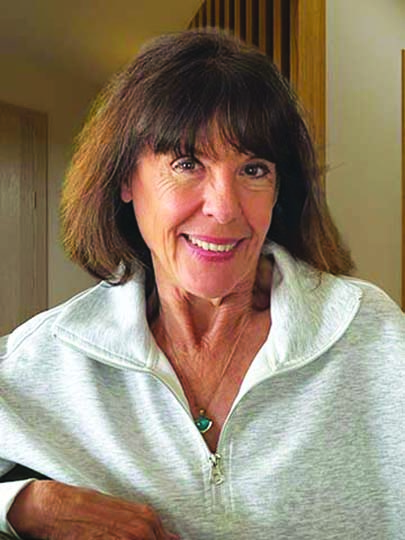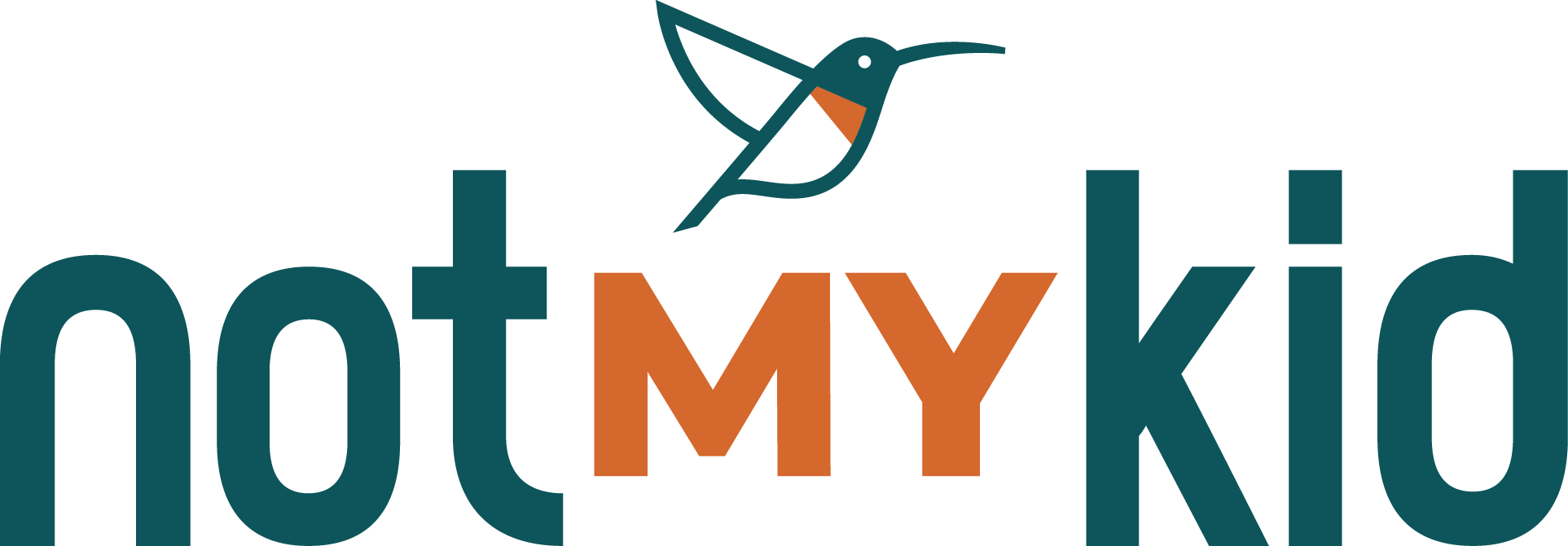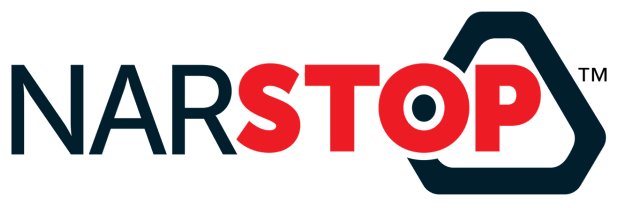The holidays are here! The sights, sounds, and smells hold a strong and delightful presence for many. The dark side of the holidays, however, known to those in “recovery circles” may hold an image different than cinnamon sticks and cookies. If we grew in up with dysfunction, there may be unmet needs, dreams that weren’t acknowledged, and addiction patterns that worsened through this beautiful season rise back up to greet us.
Drinking and using may flat out increase during the holidays for many during family gatherings, work events, or in general. People in new recovery often comment about this time of year — “it’s just everywhere”, referring to the consumption of alcohol and partying. Emotions run high, throwing us off balance.
Newcomers, or anyone who is in long term recovery may find trying to navigate some of the drinking and using events, excitement, or even family dysfunction is stressful and requires more energy. Relapse during the holidays is prevalent when emotions running high.
Recovery seems to live in the extremes— so the sheer excitement of the holidays can throw anyone off their game. We often think of relapses occurring when we’re sad, overwhelmed, anxious or depressed. In truth, many people relapse when they are excited; to reward themselves; or when feeling relieved or intense joy. These are typically feelings thought of as positive. The old adage of the Alcoholics Anonymous Book “worry or excitement” was referring to the need for people to be aware of relapse surrounding any kind of “excitement” good or bad so to speak.
Quick Tips for Holiday Planning
Be on “high” alert: One of the problems with addiction is the characteristic denial pattern in which relapse behaviors can be minimized, as well minimizing how vulnerable someone actually could be to relapse. Most people “felt just fine” before relapse. Those who proceed with conscientiousness planning are less likely to be caught off guard.
Make a Plan: Get with a sponsor, therapist or well intentioned support person and create a “success plan”. Plan for your own success and you will have nothing to loose. Have someone who can point out any inconsistencies or areas where emotions could run too high or too much “access” in using environments that occur. Someone else can be a helpful judge of your own current internal state.
Have a Back Up Plan: There is always a potential back up plan for any situation. People’s ability to problem solve while in their addictive behavior is extraordinary— so creative planning can conversely be used in recovery. Create a back up plan and have “escape routes” for sticky situations.
Use Your Support System: “Bookend” an event by calling a sponsor, friend, or a therapist before and after an event (or even during) and review a plan to leave if it isn’t going well, or you feel uncomfortable
Saying No: There are so many books teaching us how to open ourselves up to being vulnerable or inclusive, but the art of saying “NO” deserves as much attention. If any event threatens your sanity or recovery just don’t go. Go to a recovery meeting event, volunteer, do anything else. Not attending a slippery event or a gathering could help prevent the loss of sobriety. We may want to please people at times, but we will have a lot more to “clean up” if we have a relapse or emotional relapse by not forgoing an event. You may ruffle feathers but some ruffles are worth your safety and sanity.
Increase Your Recovery: The common phrase “match calamity with serenity” from Alcoholics Anonymous refers to the need to keep sane if there is a whirlwind of excitement around. How we keep sane is growing our recovery muscle just like you might use the gym more during an athlete’s sport season. Attend more meetings, meditate, spend more time with sober supportive people. Attend extra groups, work with someone that may need your support.
Recovery Tools: If you find yourself in a jam or having an emotional issue: pray (use of mindfulness techniques), call someone, respond to the situation either by removing yourself, seeing your part or a new perspective and see what you can do to get out of yourself and give to others.
When in doubt-pray, pray, pray: not everyone has a religious affiliation but some people may borrow prayers like the serenity prayer. Others will resolutely look for more agnostic or atheistic solutions. Mantras, mindfulness practices, silent calm moments, breath work can all be utilized. Perhaps find a few practices before the holidays that are helpful and practice before the holidays come.
Healthy Living: Sleep well, eat balanced meals, and drink water. Being tired or hungry can throw you completely off balance.
Bottom Line: Know your bottom line. If all else fails remove yourself from a situation. Nothing is worth loosing your sobriety. Take a taxi, call a friend, make as graceful of an exit as possible and go to a meeting or be with a sober support person instead.
Holidays can be a joyful time but also a time to guard your sobriety and emotional state well. You can also make a holiday support plan and keep it in your pocket like the one below or make your own.
Put your sobriety first to make it last!
Kim Miller, LISAC, LCSW is a blog writer, EMDR and Somatic Experiencing Practitioner, Certified Life/Executive Coach, Addictions Counselor, and Family Support Coach in private practice. [email protected]



































